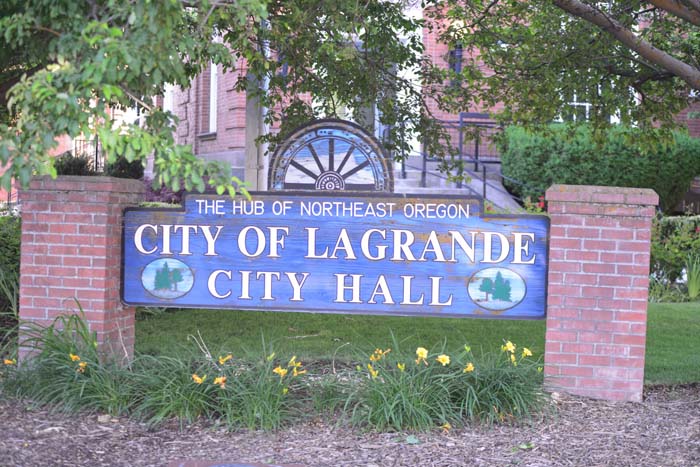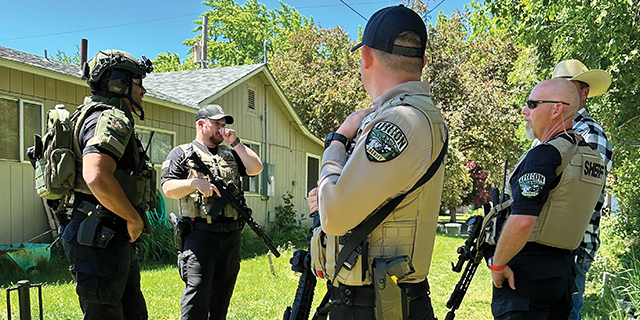OLCC suspends license of S. Oregon bar for coronavirus violations
Published 7:15 pm Friday, April 17, 2020
CAVE JUNCTION — The Oregon Liquor Control Commission suspended the license of a southern Oregon bar that violated restrictions for stemming the spread of coronavirus.
Cave Junction’s Sportsman Tavern is the first Oregon establishment to have its license suspended for allegedly defying an executive order that, among other mandates, bans on-premise consumption of food or drink.
The OLCC handed down the suspension April 10, the day after a commission inspector checked out an email tip from a “concerned citizen” who noticed activity at the bar, according to agency spokesman Mark Pettinger.
The inspector saw people going in and out of the building, Pettinger said. The inspector went inside, Pettinger said, and there were drinks at the bar.
Owner Kim Sanders told The Associated Press the bar hasn’t been open, he wasn’t trying to violate Gov. Kate Brown’s executive order and he plans to challenge the license suspension.
“We are law-abiding citizens,” he told the Associated Press, noting when the inspector arrived, his employees were done for the day, sitting apart and having pizza and a drink. “I’m trying to go by this (order) and I dearly, dearly care about people. I would never try to do anything that would hurt anybody.”
The Oregon Liquor Control Commission has investigated 59 complaints of establishments allegedly violating Gov. Kate Brown’s executive order since March 15, Pettinger said.
In nearly all cases, the establishments were closed or serving food-to-go when inspectors arrived, Pettinger said.
The Oregon Liquor Control Commission also reported liquor stores sold close to $66 million in distilled spirits in March, an almost 20% increase in sales compared to March 2019, and a new March sales record. December 2019 is the all-time monthly sales record for liquor at $75.85 million.
“The upsurge in sales from agent-operated liquor stores is attributed to changes in consumer behavior due to the Covid-19 pandemic,” according to the press release from the commission. “Specifically, liquor consumption has shifted from sit-down bars and restaurants to consumers purchasing distilled spirts by-the-bottle for at home consumption.”
March liquor sales figures show the shift from bar and restaurant licensees to consumers. Licensee sales were $6.4 million in 2020 compared to more than $13.7 million in March 2019, a drop of 53%. In comparison, consumer liquor sales increased from $41.2 million in March 2019 to $59.5 million last month, a 44 percent increase.
OLCC liquor stores also have issued more than $500,000 in refunds to 94 bars and restaurants for returned liquor. The value of unsold product at liquor stores increased from $67.5 million to $78.6 million.
“These numbers may be alarming to those concerned about alcohol dependency, but it reflects the shift in consumption, not an increase in consumption,” according to Steve Marks, OLCC executive director.
———
Observer staff contributed to this article.





